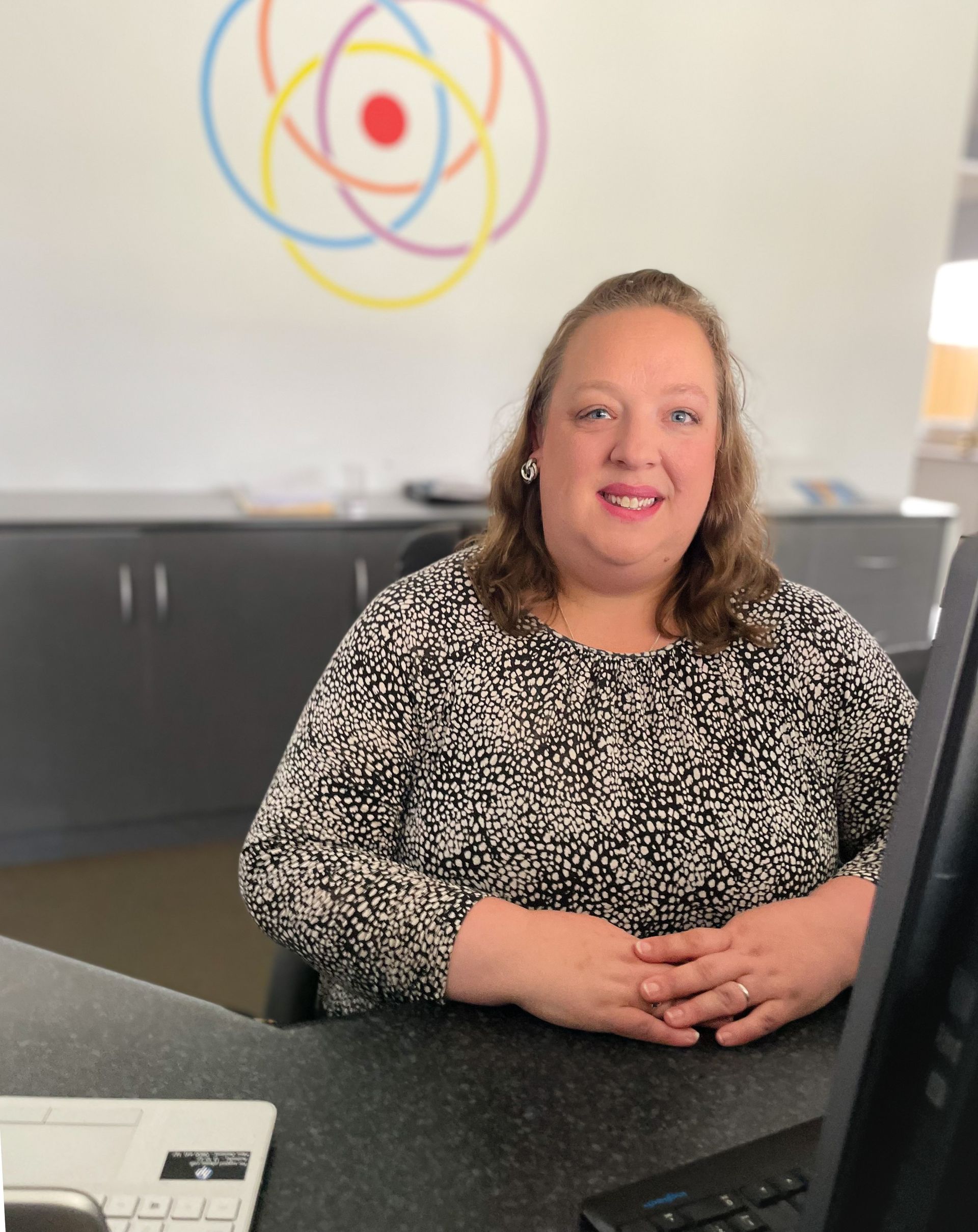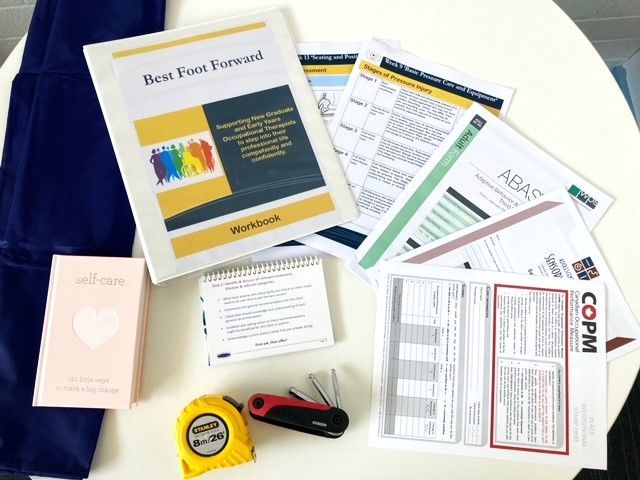Clinical supervision and mentoring
Over my many years of working as an Occupational Therapist, I have developed a very strong passion for mentoring and supervising other OTs. I have reached the stage in my career where I feel that as one OT, I can support a handful of people, but if I support and share my skills with other OTs, collectively we can help a community of people. I have had the absolute PRIVILEGE of nurturing many new grads and early years' therapists, and out of all my professional achievements, supporting Occupational Therapists to GROW is still the most touching and fulfilling part of my career.
Clinical Supervision
One of my strongest professional interests is supervising and mentoring other Occupational Therapists as I have a passion for sharing skills and knowledge. I have had the honour of supervising many OTs from across the country through innovative, collaborative and tailored approaches, to build a working relationship. This ensures that each individual receives the most relevant and up-to-date clinical information in a way that matches the individual’s learning style.
My view of external Clinical Supervision is a formal or semi-formal working relationship between a more experienced and a less experienced clinician, in which the supervisee’s clinical work is reviewed and reflected upon. I utilise a growth mindset and a coaching approach to sessions and meet the supervisee where they are at with their professional journey without judgement or expectation of prior knowledge. Ultimately, Clinical Supervision provides an opportunity to review and come up with goals to help the supervisee grow in skills and knowledge.
I love to share my professional knowledge, skills and experiences thereby enhancing each occupational therapist's learning, development, and career confidence.

I can provide clinical supervision across the whole lifespan such as paediatrics, teens, young adults, adults and older adults.
Each group may have a range of different identities and diagnoses including autism, ADHD, intellectual disability and physical disability.
I can provide guidance on a large range of assessments and interventions including sensory processing, co- and self-regulation, understanding and communicating emotions, improving executive functioning, neuro-affirming social connections, independent living skills, assistive technology prescription, manual handling and falls prevention.
I can also help supervisees to develop skills for working as an OT including information gathering, developing session plans, task analysis, organisational skills, report writing and strengthening your clinical reasoning skills and approaches. If there are other topics that you want to discuss, just ask!
It can be a challenge to find the right supervisor, so I offer a complementary “meet and greet”, which allows time to build rapport and develop an understanding of each other’s clinical knowledge and professional goals. During this time, the supervisee and I can determine if the working relationship is going to be a good fit. Once we are both happy, we can commence sessions! Sessions are preferably conducted over zoom and can be conducted individually, or learning at point of care (for example, at a participant's house).
Early Years Mentoring

With a shortage of Occupational Therapists nationally and with the universities increasing the number of new graduates that they are producing, there is often a gap in the workforce for organisations to provide the time and skills to support new graduates. Yet, I feel that the early years for an Occupational Therapist are very important, as they can set the foundation of skills for their career, and help them fall in love with our great profession.
I have therefore developed a new graduate and early years mentoring program called "Best Foot Forward", which provides weekly mentoring sessions on a range of key areas and themes in occupational therapy practice. "Best Foot Forward" covers 14 different topics and can be provided in person or via telehealth in small groups to encourage group discussion and sharing of experiences.



